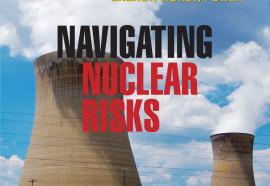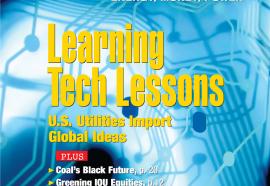Letters to the Editor
Regarding "Transmission Rights Row:" While technological advances and the development of fiber optic communications was not foreseen by utilities companies when they executed easement agreements for transmission rights of way, the tremendous escalation of land values, especially near some metropolitan areas, may not have been foreseen by the easement grantors.








